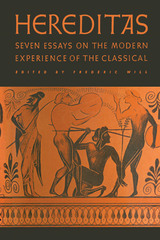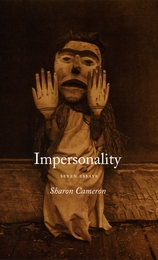
Many spectacular examples of Persianate art survive to the present day, safeguarded in Istanbul and beyond—celebrating the glory of the Persian Empire (and, later, the Ottoman Empire). These include illustrated books, featuring exquisitely painted miniatures artfully embedded in the texts of literary masterpieces, as well as tile decorations in medieval Anatolian architecture.
Because of their beauty, many Persianate books were deliberately disassembled, their illustrations re-used in newer books or possessed as isolated art objects. As fragments found their way to collections around the world, the essential integration of text and image in the original books was lost. Six art historians and a literary historian—instrumental in reconstruction efforts—trace the long journey from the destructive dispersal of fragments to the joys of restoration.

Is Ancient Greece still meaningful to the twenty-first-century world? The vitality of the classical tradition, which has been a long-enduring and important element in our culture, is the concern of the seven scholars who in this book present their answers to this question.
In various ways their essays support editor Frederic Will's statement that the "complex and mature group of awarenesses" embodied in the classical tradition still help to maintain the continuity of human culture, thus sharing in the unbroken process of developing a Western civilization. These awarenesses are not self-perpetuating but must be sustained by the guardians of tradition—schools, literary creators and critics, libraries, and scholars. In this book, particular attention is devoted to the literary creators. In discussing the impact of Greek myth, Greek literature, and Greek philosophy on modern writers, the present essayists try to determine how alive Greek classical culture is today, how meaningful it is, and how it can be perpetuated. Through their presentations in these seven essays, the contributors prove that the tradition does not suffer from lack of able guardians.
These studies in the interpretation of literature and thought afford stimulating evidence that the classical tradition is still alive in our modern age.

READERS
Browse our collection.
PUBLISHERS
See BiblioVault's publisher services.
STUDENT SERVICES
Files for college accessibility offices.
UChicago Accessibility Resources
home | accessibility | search | about | contact us
BiblioVault ® 2001 - 2024
The University of Chicago Press









